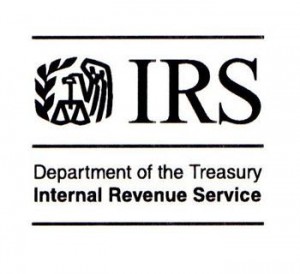 Immediately after the Supreme Court’s decision in United States v. Windsor, the Department of Labor announced that for purposes of the spousal protections of the Family and Medical Leave Act of 1993 (FMLA), it would recognize a same-sex marriage only if it was legal in the jurisdiction of the couple’s domicile. It has now reversed that position, issuing final regulations which recognize a marriage a) within the United States, if it was valid in the state in which it took place, and b) outside of the United States, if it was valid in the jurisdiction in which it took place and if it could have been entered into in at least one state. The effective date for the final rule was March 27, 2015.
Immediately after the Supreme Court’s decision in United States v. Windsor, the Department of Labor announced that for purposes of the spousal protections of the Family and Medical Leave Act of 1993 (FMLA), it would recognize a same-sex marriage only if it was legal in the jurisdiction of the couple’s domicile. It has now reversed that position, issuing final regulations which recognize a marriage a) within the United States, if it was valid in the state in which it took place, and b) outside of the United States, if it was valid in the jurisdiction in which it took place and if it could have been entered into in at least one state. The effective date for the final rule was March 27, 2015.
Update (June 26, 2015): This rule is in line with the Supreme Court decision in Obergefell v. Hodges, which has now recognized same-sex marriages nationwide.

 This post was updated on June 26, 2015 to reflect the Supreme Court’s decision in
This post was updated on June 26, 2015 to reflect the Supreme Court’s decision in  In recent years, the Internal Revenue Service (“IRS”) has been allowing plan sponsors to request determination letters on the qualified status
In recent years, the Internal Revenue Service (“IRS”) has been allowing plan sponsors to request determination letters on the qualified status The
The  Highlights of
Highlights of  Judge Steven W. Rhodes of the U.S. Bankruptcy Court for the Eastern District of Michigan had now issued an opinion stating that the bankruptcy proceedings for the City of Detroit can go forward.
Judge Steven W. Rhodes of the U.S. Bankruptcy Court for the Eastern District of Michigan had now issued an opinion stating that the bankruptcy proceedings for the City of Detroit can go forward.  A California statewide ballot initiative proposal,
A California statewide ballot initiative proposal,